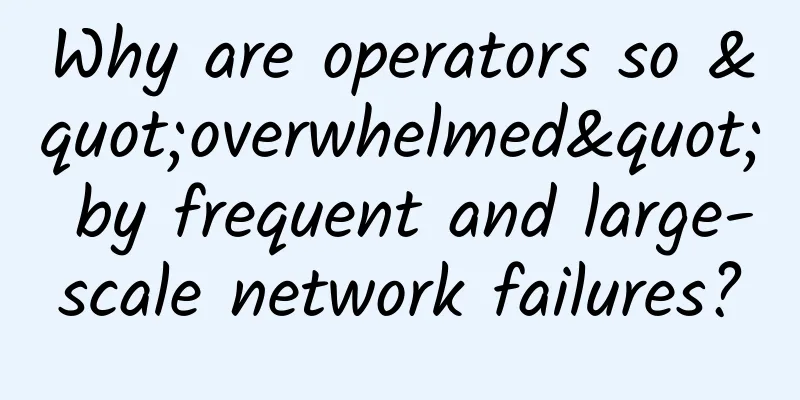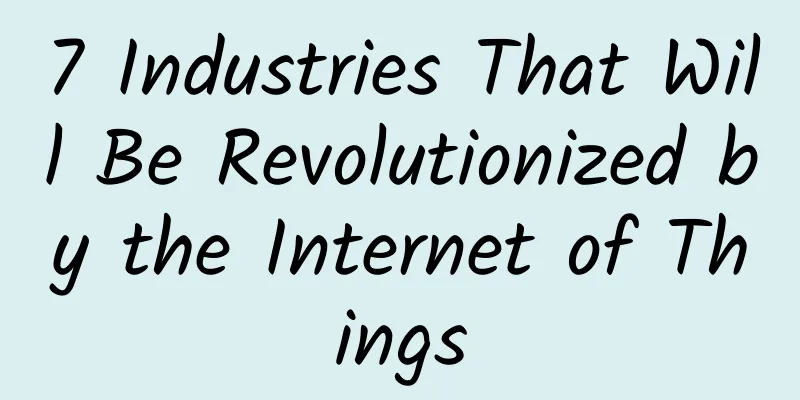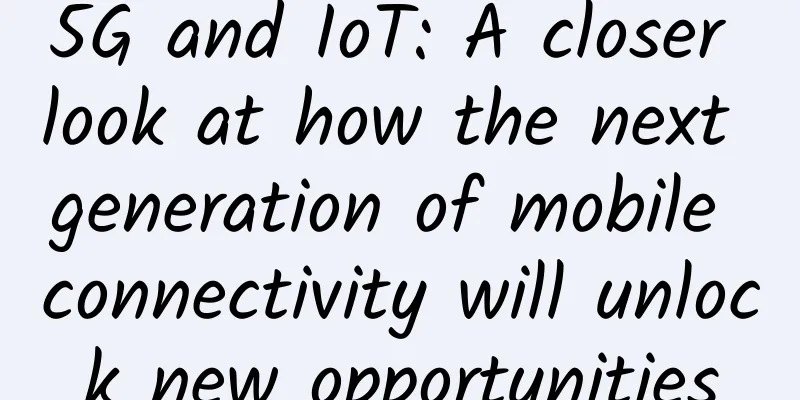Aruba Global Research Report Reveals AI Technology Will Become a Powerful Tool to Meet Security Challenges in the IoT Era

|
On October 26, 2018, Aruba, a Hewlett Packard Enterprise Company, commissioned the Ponemon Institute, an independent research institution in the United States, to release a research report titled "Automation and Artificial Intelligence Fill Security Shortcomings in the Internet of Things Era". The report pointed out that increasingly complex network security threats have put great pressure on enterprises. In the era of mobility and the Internet of Things, the boundaries of IT are disappearing. At the same time, there is a serious shortage of high-level network security talents. In this situation, enterprise IT teams need to adopt new methods and more powerful tools to protect the security of data and other high-value assets. Artificial intelligence technology has gradually become a favorable weapon to deal with security threats to IT infrastructure. Aurba and the Ponemon Institute surveyed 4,000 cybersecurity and IT professionals in the Americas, Europe and Asia to understand what factors make security issues difficult to crack and what technology and processes are needed to help companies be proactive and aware of various security threats. The results of the study show that in the work of protecting data and other high-value assets, security systems that use machine learning and other AI-based technologies play a key role in detecting and preventing attacks on users and IoT devices. Most respondents in the Asia-Pacific region agree that security products with AI capabilities can bring the following benefits to the enterprise:
In addition, 29% of respondents in the Asia-Pacific region said they are currently using some form of machine learning or other AI-based security solutions. Another 29% said they plan to deploy such products within the next year. This shows that companies are increasingly motivated to proactively change their security strategies and adopt new technologies. Existing security tools are unable to cope with threats "Despite huge investments in cybersecurity, companies are still struggling to keep up with new and more targeted attacks. For example, in the Asia-Pacific region, 59% of respondents said that the value of their deployed defense systems, which include 10-75 security solutions, is not fully recognized," said Larry Ponemon, president of the Ponemon Institute. "On the one hand, almost half of the respondents said that it is very difficult to deal with the current complex and ever-changing cyber attacks, especially in the absence of experienced cybersecurity talent. On the other hand, cyber attackers are getting more aggressive, and they may have received rigorous training and received financial support. Therefore, if AI-based security tools can automatically handle tasks, IT staff can be freed up to focus more on managing security plans and dealing with more complex and ever-changing security issues." The access to the cloud and IoT increases security risks The research team found that most IT security teams in Asia Pacific believe that a key flaw in corporate security strategies is that they have difficulty identifying attacks from IoT devices. More than three-quarters of respondents believe that the IoT devices they access are not secure enough. 75% of people said that even simple IoT devices can pose security threats. Two-thirds of people admitted that they feel powerless in protecting IoT devices from attacks. In fact, continuous monitoring of network traffic, closed-loop detection and response systems, and detection of abnormal behavior between IoT devices are all effective ways to protect the corporate network environment. In addition, the ambiguity of management authority has also led to increased security risks. For example, when answering the question about who should be responsible for IoT security management within the enterprise, the respondents mentioned CIOs, CISOs (Chief Information Security Officers), CTOs, and business line leaders. Only 33% of the respondents said that IoT security should be the responsibility of the CIO, more than 20% said that no other decision-making department or team responded to IoT security, and even 15% said that no one in their company was responsible for it, which became the third-ranked answer. The survey results show that visualization and setting access rights for IoT devices are critical to security management. In the Asia-Pacific region, 48% of respondents said that network permission management is an important part of the company's overall security strategy and plays a key role in reducing the scope of internal attacks. Although 74% of respondents said that their companies have deployed network permission control, only 16% of them can always keep track of users and devices connected to the corporate network. In addition, more than half of respondents worldwide said that the ever-expanding IT boundaries make it difficult for them to manage IoT, BYOD, mobile and cloud systems at the same time. Taking the initiative to disrupt network management with innovative solutions To proactively embrace this series of changes, Aruba is exploring the application of AI technology in network management, thereby providing customers with a more intelligent solution. For example, IntroSpect behavioral analysis security software forms an accurate and visual user behavior portrait based on the user's Internet habits. When the platform identifies abnormal or high-risk Internet behavior of users, it can issue a timely warning before the harm occurs, and transmit the information to the ClearPass platform on the platform to repair these attacks. In addition, ClearPass Profiler can automatically identify any device connected to the Internet of Things and determine its risk. This is not just the promotion of new management tools, but also reflects the disruptive change of security strategies. It is worth mentioning that the results of this study, jointly conducted with the Ponemon Institute, coincide with some of the results in Aruba's earlier report "Digital Revolution Unlocking the Potential of Intelligent Digital Workplaces", which also reveals the severity of cybersecurity threats. Regarding the significance of this report, Xie Jianguo, president of Aruba China, said, "Working with the Ponemon Institute helps us better understand the challenges faced by security teams, which in turn helps us improve our own capabilities and provide customers with integrated and more comprehensive solutions for their wired and wireless network security frameworks, thereby helping them calmly respond to security threats and continuously optimize customer experience." |
<<: Aruba changes the rules of the game to drive three major changes in network management
>>: The Experience Economy is in Full Swing: Aruba Drives the Intelligent Digital Workplace
Recommend
Using data to speak, Hubo Technology helps improve college students' critical thinking and research capabilities
Recently, in order to enrich product functions an...
Master traffic suppression and storm control to take your business to the next level
1. Traffic Suppression 1. Overview Problems in th...
LiCloud: $34.99/month - E3-1230v2, 8G memory, 240G SSD or 1TB HDD, 30M Hong Kong server
LiCloud.io has released a promotion for June. Com...
IPv6 network scale deployment accelerates, with active connections reaching 1.15 billion within the year
The large-scale deployment of IPv6 networks has b...
JuHost: Hong Kong VPS limited 40% off starting from $2.99/month, 1G memory, 20G SSD, 1TB monthly traffic
Last month, I shared information about JuHost, a ...
Do you really understand the network layer model?
I went for interviews throughout the summer and i...
Three major risks and countermeasures for data center migration
Data center migration is a complex undertaking th...
Kunpeng Programmers Spread Their Wings and You Are Here | See you in Shenzhen for the 1024 Kunpeng Programmers’ Day series of events!
On October 24, the 1024 Kunpeng Programmer's ...
A Preliminary Study on ASP.NET Core Api Gateway Ocelot
[[387094]] This article is reprinted from the WeC...
Are you still pinging? 7 advanced methods to help you quickly test port connectivity
Ping is a command tool for checking network conne...
When Wi-Fi 6 enters the home, car and other industry markets, modules become the key players!
"What's the Wi-Fi password here?" I...
Choose Cisco ACI, the future data center has unlimited potential
[51CTO.com original article] According to market ...
Transformation direction and suggestions for my country's operator channel system
At present, my country's communications marke...
Robotics and AI: The future of software testing and development
【51CTO.com Quick Translation】 About a year ago, a...
RAKsmart New Year's Big Offer: Cluster Servers Starting from $142/month, Available in Los Angeles/San Jose/Japan/Hong Kong Data Centers
RAKsmart is a Chinese-owned computer room, provid...









